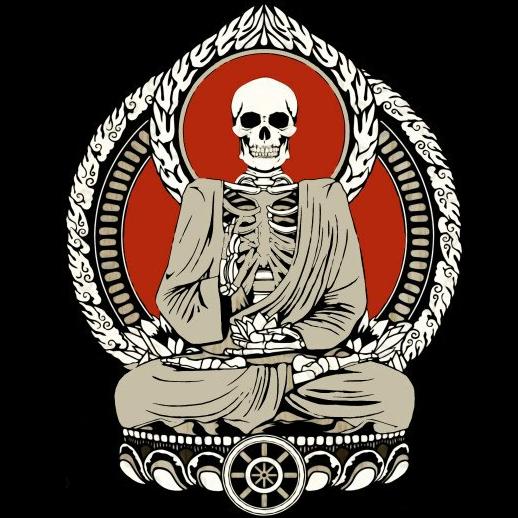Quick summary: a tablet written in Hittite, from a likely vassal to their king, recounts how Attaršiya [Atreus?] of Ahhiyawa [the Achaeans] and his sons attacked Taruiša [Troy]. And at the end there’s a fragment in another Anatolian language, Luwian, saying the following:
wa-ar-ku-uš-ša-an ma-a-aš-ša-ni SÌ[R
wrath.ACC god(dess).VOC? si[ng
So roughly “Sing, oh goddess, the wrath…”
This is pretty much how the Illiad starts in Greek:
μῆνιν ἄειδε θεὰ Πηληϊάδεω Ἀχιλῆος
mênĭn áeide theā́ Pēlēïádeō Akhĭlêos
rage.ACC sing.IMP goddess.VOC Peleus.GEN Achilles.GEN
Sing, oh goddess, the rage of Achilles [son] of Peleus
Might be whoosh on my side, but the article was published on April 1st.
I’ve seen biblical scholars point out how prevalent Homer’s work was in the mind of people at the time, and that leveraging these themes were a huge draw for attempting to spread a new religion. seems that’s why Luke has this huge raging sea sequence when the sea of galilee is like a puddle, pretty silly really.
But this is a Hittite tablet. So it predates Homer by centuries.
Wow, that is a hugely interesting find.
What doe the capital letters (eg ACC) in the translations refer too?
Gloss info. In a simplified way:
- ACC = accusative = direct object; e.g. “I see you.”
- VOC = vocative; e.g. “oh you!”
- GEN = genitive; e.g. “this is your book.”
- IMP = imperative; e.g. “do it!”
It’s important in this case because both Luwian and Greek allow you to shift words back and forth for emphasis, and it’s poetry so the order gets even messier, so without that it’s hard to parse the sentence.
Also note that this is from my part, it isn’t present in the original.
Grammar, I think. VOC = vocative, ACC = accusitive, GEN = genitive, IMP = small hellish creature (but probably Imperative, were I to guess).
Nothing is original these days. Smh
Nothing is original these days. Smh
Nolan’s marketing campaign is going well I see







